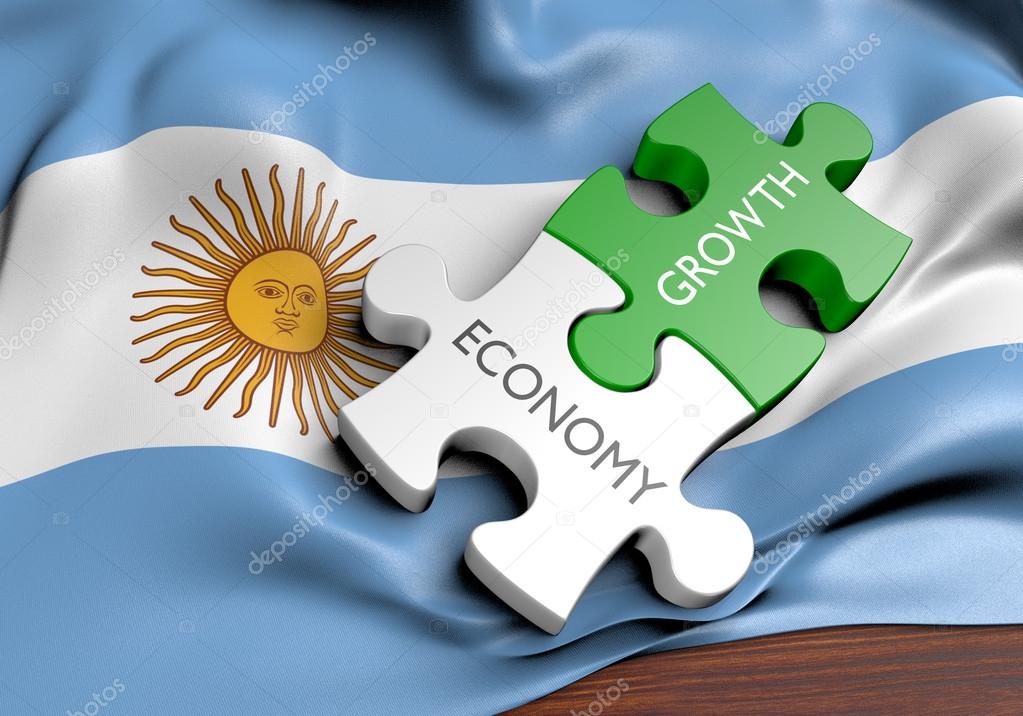
In recent decades Latin America has concluded a number of Free Trade Agreements with developed countries, in particular with the United States and the European Union. These agreements not only liberalize trade, but also include provisions on intellectual property and competition law. These rules reduce the room for maneuver that Latin American countries have in establishing beneficial public policies in these areas.
The Southern Common Market (MERCOSUR) concluded on 28 June 2019 the negotiation of the MERCOSUR-EU Free Trade Agreement, first between two customs unions. In fact, the Agreement is part of other ongoing dialogues and negotiations. The MERCOSUR external agenda includes EFTA( Iceland, Liechtenstein, Norway and Switzerland)Canada, Singapore and South Korea, as well as the deepening of ties with Latin America. The agreement with the EU is part of other ongoing dialogues and negotiations that also seek to open new markets for the region's products, in turn positioning Mercosur as a platform that can expand to the region and the rest of the world.
The commitments in the field of intellectual property deserve a specific analysis given the particular circumstance that MERCOSUR does not have harmonized standards or rules for the application and compliance, nor common regulations regarding border measures, aspects for which the Agreement has established bi-regional commitments.
The objective of this project is to propose lines of research that will help to overcome the legal challenges derived from the overlapping of national, regional and bi-regional commitments that the Mercosur countries will face, while safeguarding their legal-institutional structure, with special emphasis on the Intellectual Property Chapter and related matters.

Latin American countries face social and economic challenges that demand specific and tailored approaches. In addition, they also have to deal with important global issues such as climate change. Amon ...

The instrument can be seen as a follow-up to the Patent Declaration of the Max Planck Institute for Innovation and Competition as it seeks to standardise a large part of its provisions. The Instrument ...

A compulsory licence (CL) is an authorisation granted by a government that allows third parties to produce a patented product or use a patented process without the consent of the patent holder, and wh ...